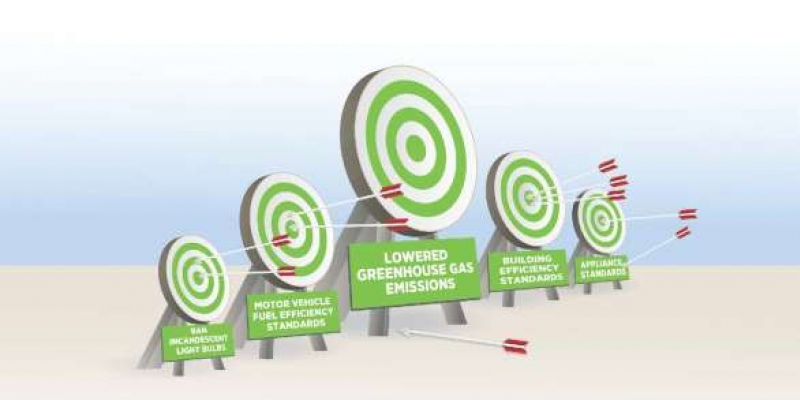The Principle of Targeting in Energy and Environmental Policy

The Principle of Targeting is a basic and simple rule for policymaking that helps minimize the cost of government intervention. Its core idea is that if a new regulation of some sort is required, the most efficient intervention targets the specific variable of direct interest. Many energy and environmental policies target surrogate variables that the government has no legitimate interest in. Furthermore, the rules are often expressed in forms that constrain activities the state has no reason to care about, which leads to economic inefficiency and unnecessary constraints on harmless private choices.
The Principle of Targeting is simple and intuitively obvious, but it is surprising how rarely it is followed in practice, especially in the areas of energy and environmental policy. Its application would make government regulation both more effective and less cumbersome and costly for society.


